You don't need to read between the lies to know that, whoever wins on June 7, Britain's troubled rural scene will be churned up by a political bulldozer.
Indeed, even business giants chewing guinea fowl at the CBI's Park Lane love-in this week were debating the inevitable culling of MAFF. Whether it's to be the radical Blair plan, the slightly dottier version from the Hague gang, or even the several shades of green policy from the Kennedy clan it will mean the most radical shake-up of the UK's agrifood sector ever. And given the obvious, direct links to the commercial food chain from milking parlour to supermarket car park grocery must expect to be where the flak is thickest.
But assuming, as pollsters predict, New Labour returns with a big majority, then, as Nick Brown assured The Grocer last week, creation of a gleaming new department of rural affairs is on his party's priorities list.
Brown's assurance that responsibility for the food chain will not be split between several ministries is good news. And in the cause of continued better understanding, certainly as far as grocery is concerned, it would be appropriate if he stayed at the helm.
But, in truth, the consequences of the massive demolition job required at Her Majesty's beleaguered Min of Ag, Fish and Food can only be speculation at this stage. And therein lies the challenge. If rumours emanating from Millbank are anything to go by, Whitehall figures have already begun privately canvassing senior industry folk about their personal wish lists for the new ministry. That's fine, provided the politicos can be trusted.
For grocery's serious industry bodies, battle scarred from the time-wasting political experiences of recent years, need to be ever watchful. A glance at the relationship records between grocery and government over recent decades suggests that promises made from election soapboxes have a funny habit of being transformed into something very different once the victory champagne has been supped.
Clive Beddall, Editor
{{OPINION }}
Close menu
- Home
- Retail & Wholesale
-
Products & Suppliers
- Back to parent navigation item
- Products & Suppliers
-
Product Categories:
- Back to parent navigation item
- Product Categories:
- Alcoholic drinks
- Bakery
- Cereals & breakfast
- Cheese
- Chicken & poultry
- Chocolate
- Confectionery
- Crisps, nuts & snacks
- Dairy
- Fish
- Fresh produce
- Frozen
- Household
- Meat
- Own Label
- Sauces & condiments
- Seasonal
- Soft drinks
- Vaping
- Vegan & plant-based
- World foods
- Suppliers
- People
- Reports & Data
-
Topics A-Z
- Back to parent navigation item
- Topics A-Z
-
Popular topics:
- Back to parent navigation item
- Popular topics:
- Cost of living crisis
- Crime
- Deposit Return Schemes
- Finance
- Government & Regulation
- Health
- Inflation
- Loyalty
- Marketing
- Mergers & Acquisitions
- New Product Development
- Sourcing
- Supply chain
- Sustainability & environment
- Technology
- Ultra Processed Foods
- Vaping
- A-Z all topics
- Content by type:
- Events
- Ask iA (beta)
- Subscribe now
Sign in to comment on this article
Not logged in before? Register for FREE guest access today.
You will be able to:
- Read more stories
- Receive daily newsletters
- Comment on stories
Advert







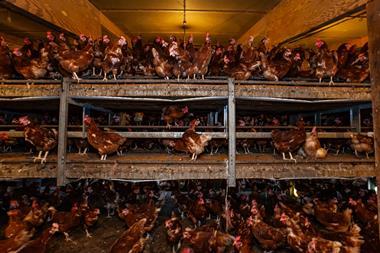



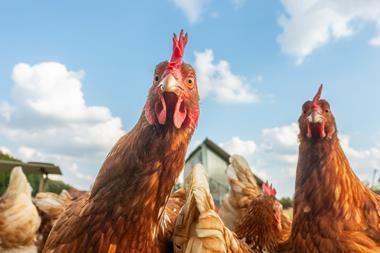

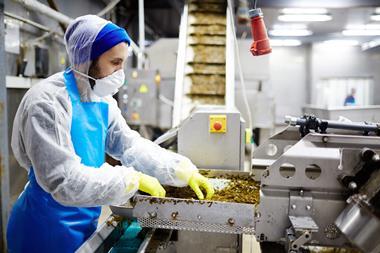
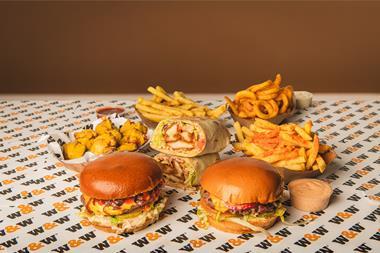
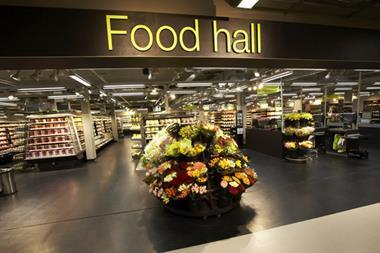
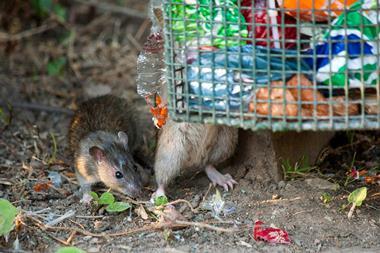

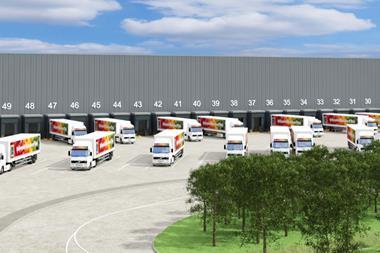
No comments yet